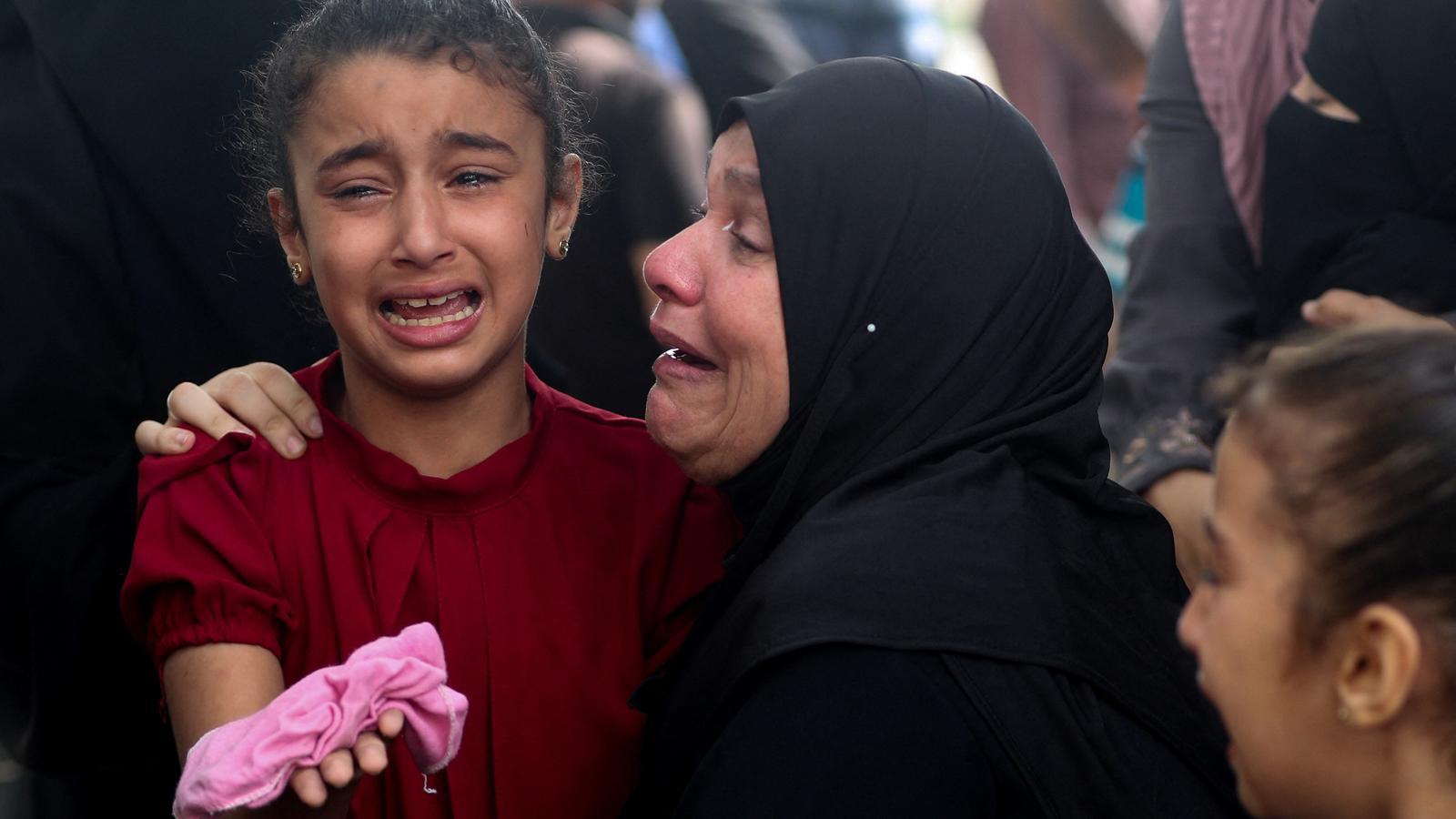

This week started with a international call from twenty-eight Western countries, demanding a ceasefire in Gaza and openly denouncing the policies - the war crimes - of the Israeli government in the area. The list of countries signing the call is important and interesting, both for their presence and for some notable absences (Germany). In any case, a statement of this nature and breadth (there is even a government on the list with Zionist sympathies, such as Italy: note the ability of the premier Meloni's (when it comes to normalizing the presence of the far right in international politics) is, in itself, relevant. But at the same time, it has zero effect on what the signatories are calling for an end to: the extreme and "unprecedented" suffering of the population in Gaza.
The daily news from Gaza has long since surpassed the tolerance threshold for televised horror for most people. Except, of course, those who are still capable of supporting a government formed by a ruler like Netanyahu—who has proven himself capable of literally anything to avoid having to answer to justice for the corruption cases affecting him—and his partners in the religious far right. Ultra-Orthodox Jews have in common with the far right in the West: being fanatics with zero respect for human life, especially for those they point to as enemies. Here in our country, those who support them still tend to present themselves as supporters of a supposedly "strong thought," contrasting with the equally supposed weakness of the progressives, whom they caricature as woke, or with that shitty image of the lilies in their hands. In short, they are neither strong nor thoughtful. But they do pose the danger of joining forces with ultranationalist populisms, as Stefan Zweig explained in his memoirs, The world of yesterday, which speak of Europe a hundred years ago but seem to have been written today.
Gaza is the ultimate expression of the extent to which politics has separated itself from international law, and what's worse: how it has done so with impunity, and how this is also normalized in everyday life in offices and negotiating assemblies. The pain in Gaza is unbearable, but saying it's unprecedented is merely a figure of speech: it has precedents, and unfortunately, comparable situations exist right now regarding mass killings of defenseless civilians, such as those occurring in Sudan. It has become a symbol: the sewer through which a certain idea of humanity passes below and seeps in, sucked out by the filth.

